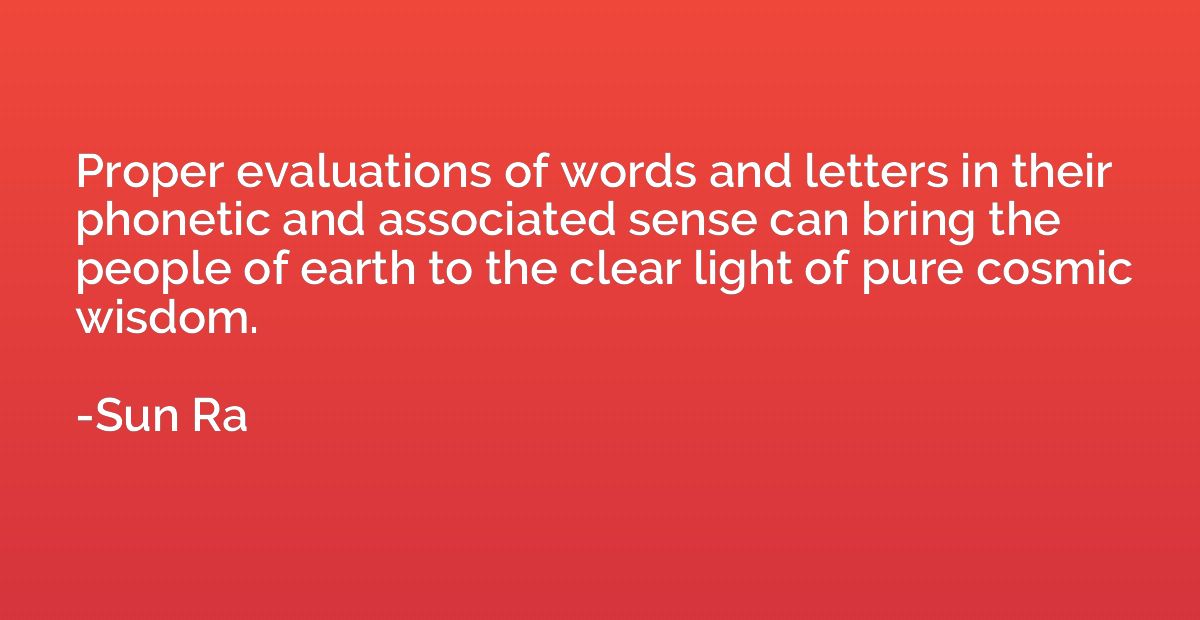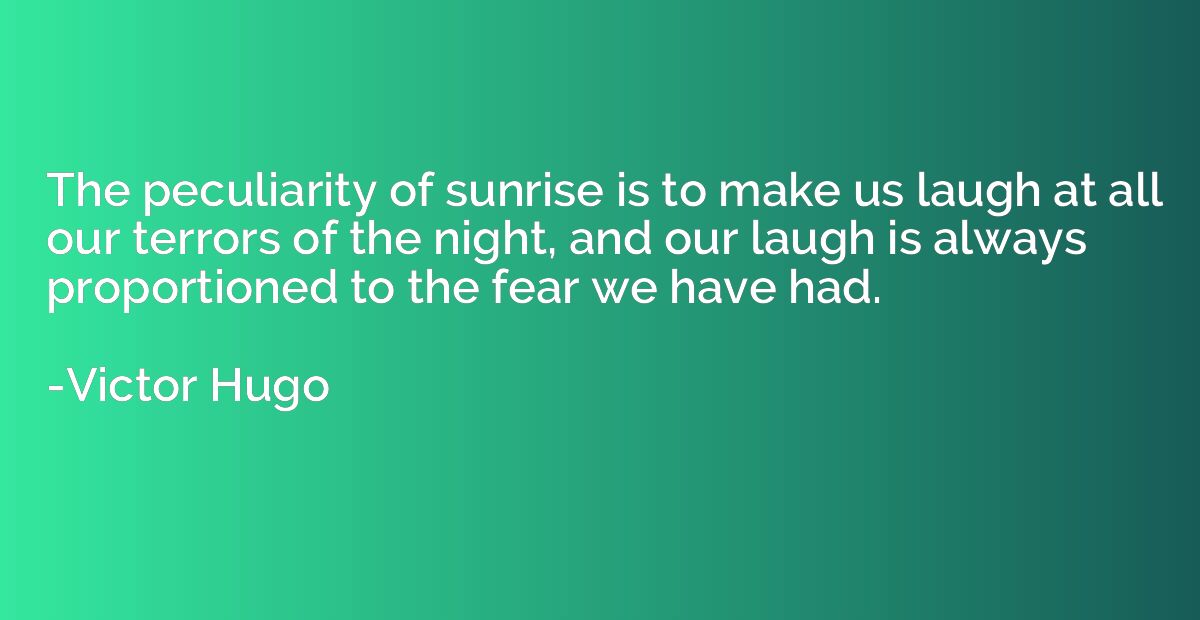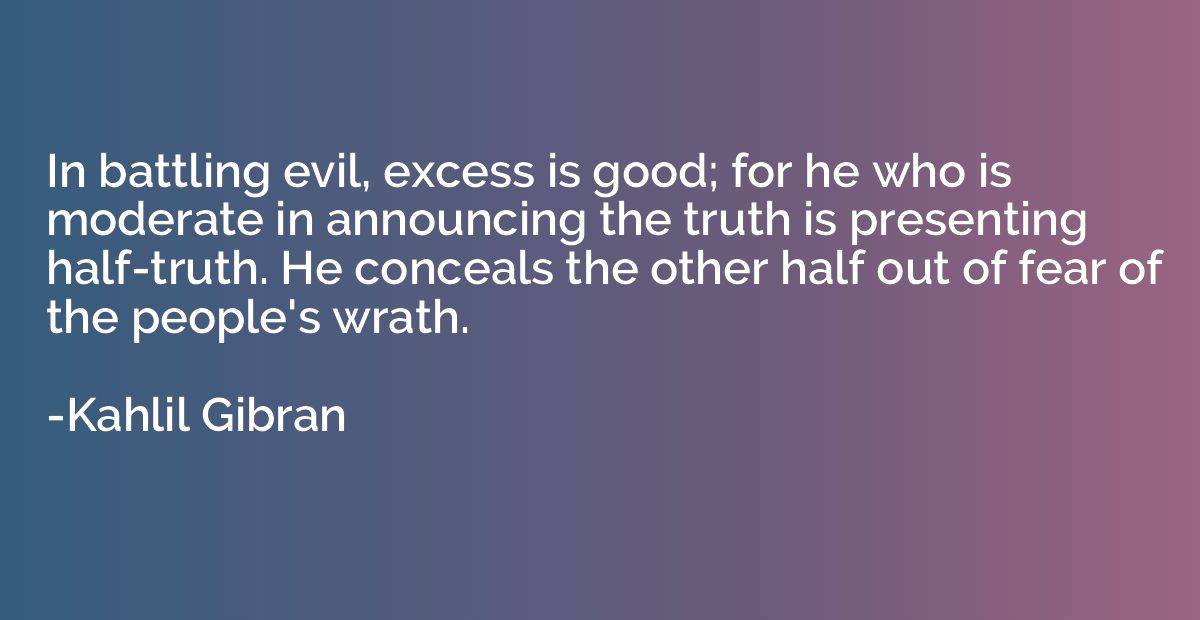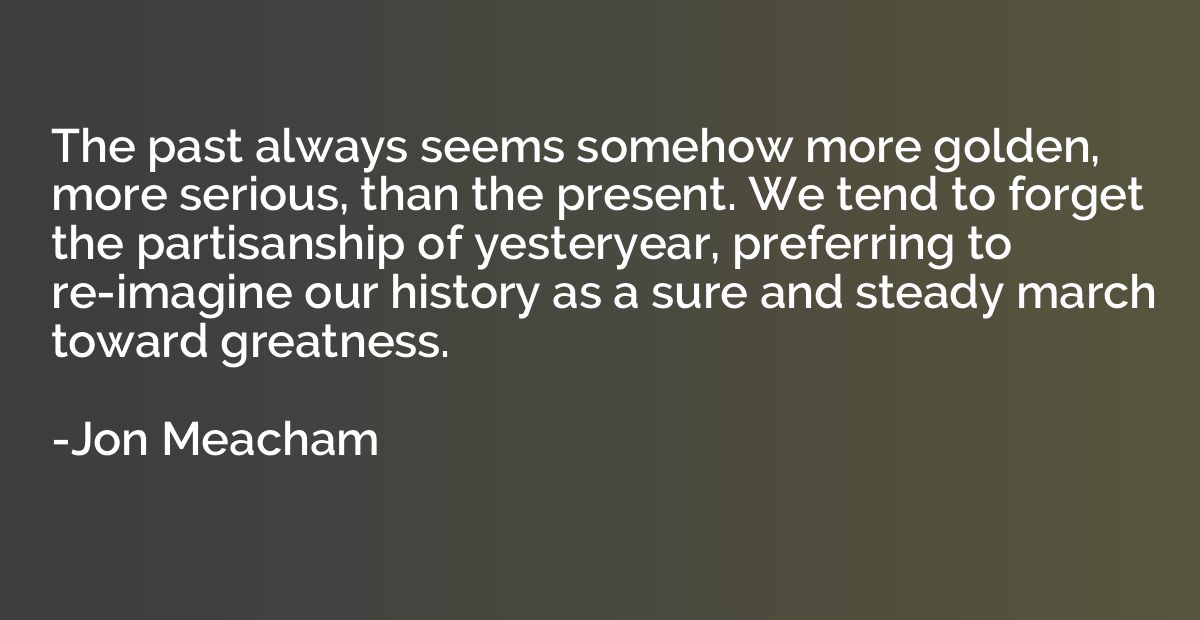Quote by Albert Einstein
We must be prepared to make heroic sacrifices for the cause of peace that we make ungrudgingly for the cause of war. There is no task that is more important or closer to my heart.
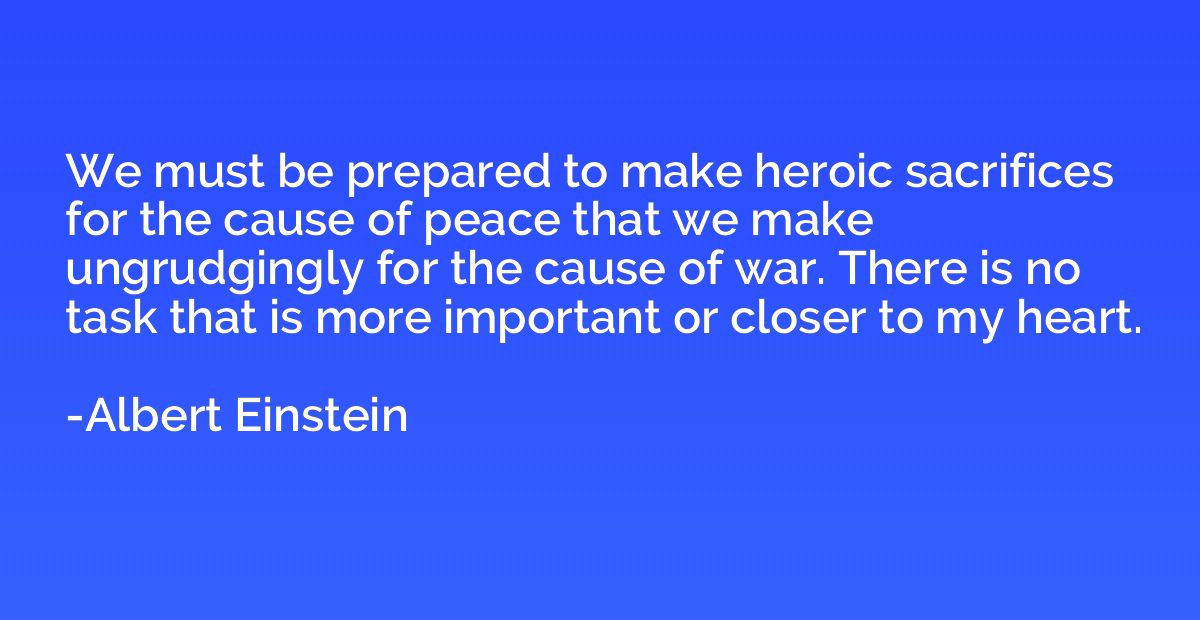
Summary
This quote emphasizes the need to prioritize peace, even if it requires making sacrifices that are usually associated with war. It conveys the idea that the efforts made for peace should be unconditional and made willingly, just like sacrifices made during times of war. The quote reflects the belief that working towards peace is a vital and deeply cherished endeavor, highlighting its significance and the dedication required to achieve it.








